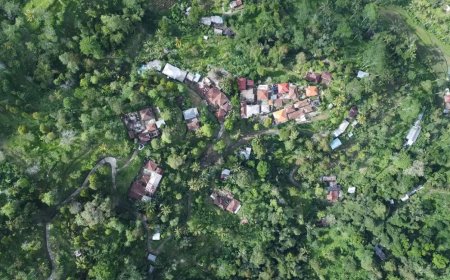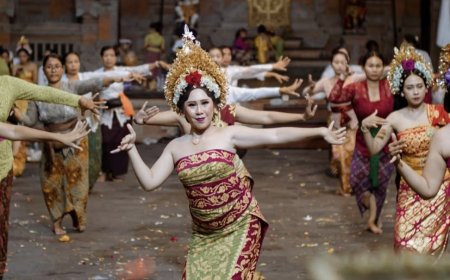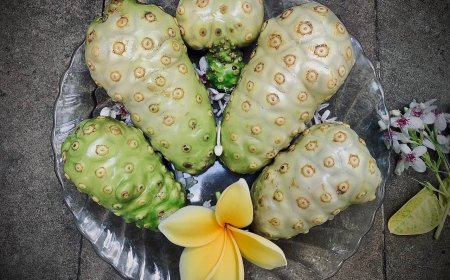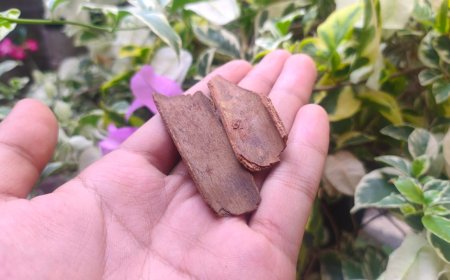Tracing the Footsteps of Usadha Traditional Balinese Medicine
Usadha reflects Bali's perspective on health, involving the entire Balinese community and encompassing various treatments. Usadha is also a vital part of Bali's cultural heritage. Overall, Usadha combines health, cultural heritage, and Bali's rich local wisdom.
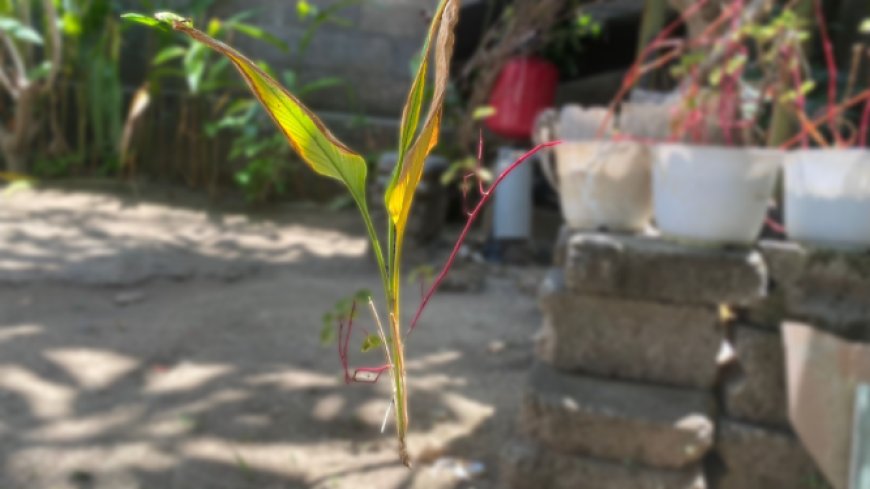
Bali, with its captivating natural beauty, has enchanted the world as a stunning tourist destination. However, beyond its white sandy beaches, lush rice fields, and enchanting temples, the island also offers a rich cultural heritage. One prominent aspect of Bali's cultural wisdom is the traditional healing practice known as "Usadha." Usadha, a holistic healing system that utilizes Bali's unique herbal remedies, not only reflects the cultural richness of Bali but also embodies a profound understanding of the interplay between the body, mind, and spirit in achieving holistic health and well-being.
Usadha embodies the holistic philosophy firmly held by the Balinese community in healthcare. This treatment views the body, mind, and spirit as interconnected entities, and true well-being can only be attained by maintaining harmony among these three. In practice, Usadha encompasses various elements, including the use of herbal concoctions, meditation, yoga, prayer, and rituals, all of which play a crucial role in restoring and maintaining balance within individuals.
One of the most remarkable aspects of Usadha is how this practice has been carefully preserved and passed down through generations in Balinese society for centuries. It's essential to emphasize that Usadha is not limited to traditional healers or practitioners; it involves the entire Balinese community in preserving its cultural heritage. The preservation of this knowledge reflects the Balinese people's dedication to nurturing their cultural identity.
Usadha encompasses various healing methods adapted to address specific health issues. Some categories of Usadha healing include:
Usadha Buduh: This category focuses on treating individuals with mental illnesses. There are approximately 11 different types of mental illnesses in Usadha, each requiring a specific treatment approach.
Usadha Rare: This treatment is intended for children displaying symptoms such as physical weakness, seizures, red eyes, and other ailments.
Usadha Kucacar: This treatment is used to treat individuals with chickenpox. Treatment involves specific ceremonies and the use of a "kepeng" as a tool.
Usadha Paneseh: Usadha Paneseh is used for the care of pregnant women. One example is the treatment if the placenta doesn't come out, using fresh clean water placed in a black coconut shell and then administered to the patient.
Usadha Dalem: This treatment is intended for various internal diseases with diverse types, such as diseases caused by toxins, stomach issues, urinary tract infections, bloated stomachs, and remedies related to the reproductive organs of both women and men. Generally, this treatment uses a mixture of Indonesian spices.
Usadha Ila: Usadha Ila is used to treat leprosy. This type of disease can be distinguished by color and symptoms displayed.
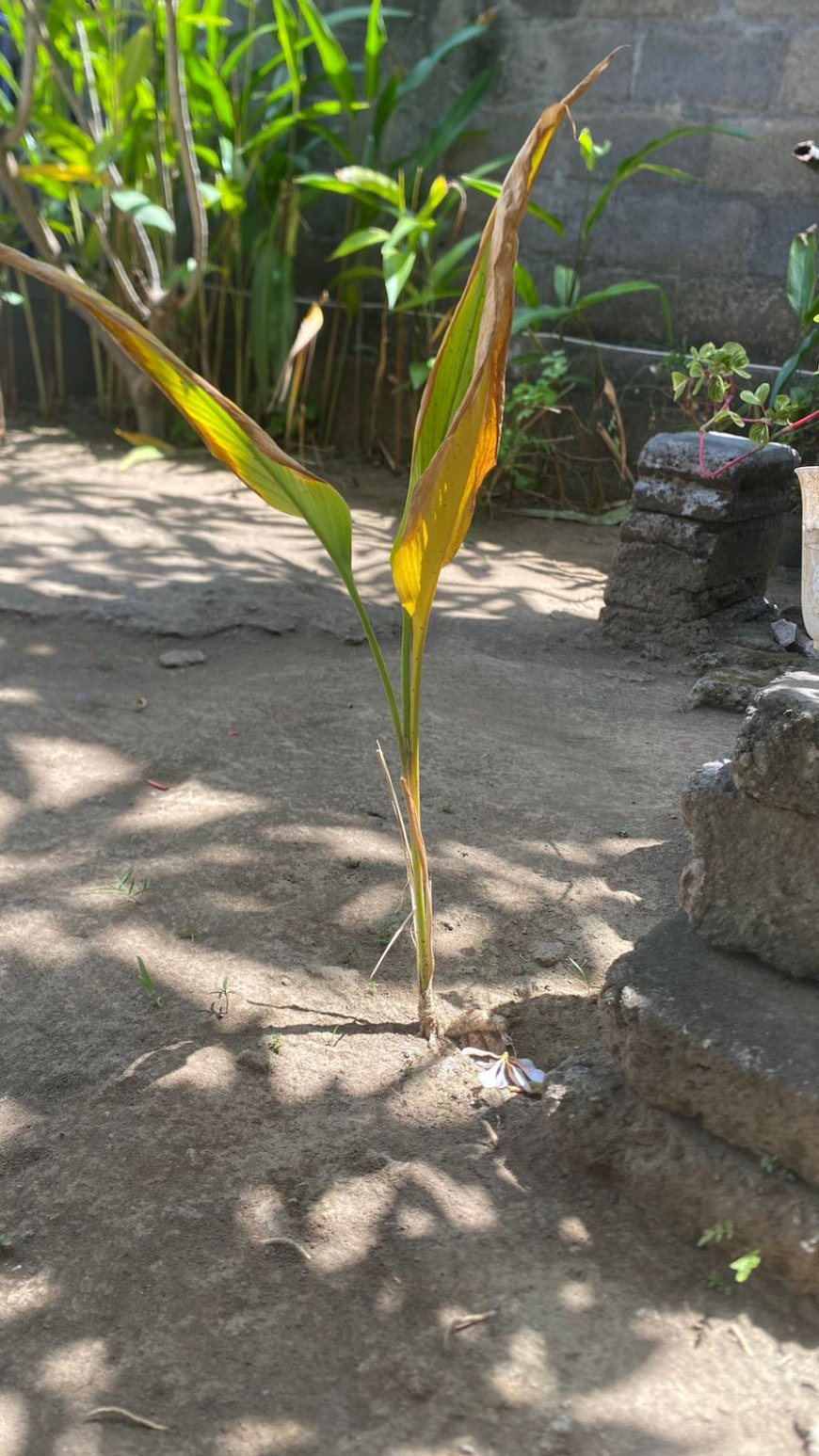
The Ginger Plant as an Example of Usadha Plants (Source: Editorial Collection)
It's important to note that Usadha is a part of Balinese culture and has become an esteemed method of healing in Balinese society. It also demonstrates that traditional Balinese medicine has broader aspects than just the practices of traditional healers.
By continuing the journey through the footsteps of Usadha, we can better understand the importance of maintaining balance between the body, mind, and spirit in achieving holistic well-being. Traditional Balinese medicine, with knowledge passed down through centuries, is not just a way to treat physical ailments but also to preserve the cultural wealth and identity of Balinese people that has adorned this island for centuries. Understanding Usadha, we honor the traditional values that bind Bali and apply this significant meaning in an ever-changing world. Overall, Usadha is the convergence point of health, cultural heritage, and the rich local wisdom of Bali.





